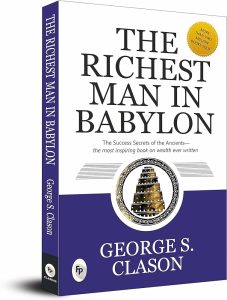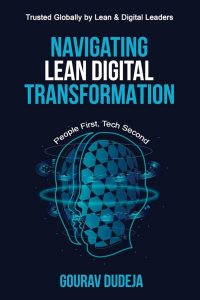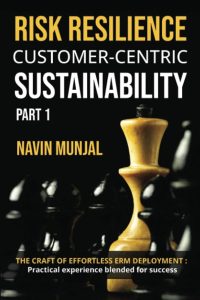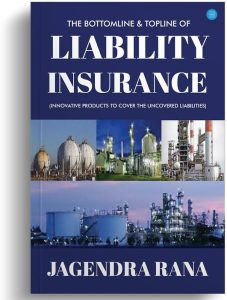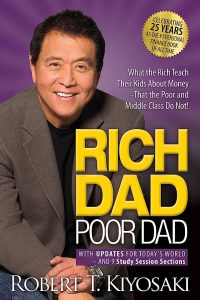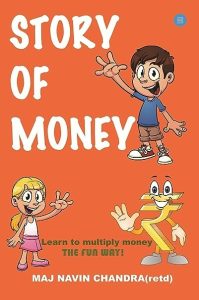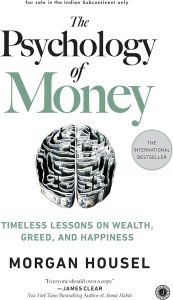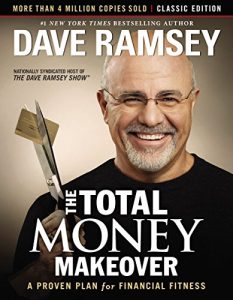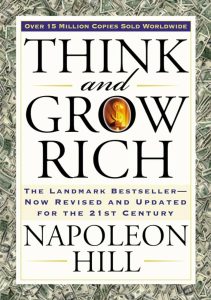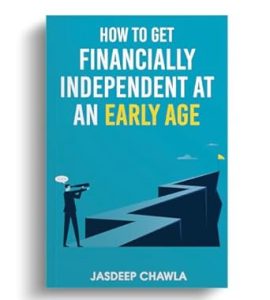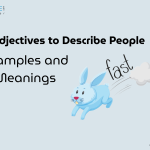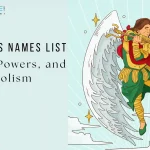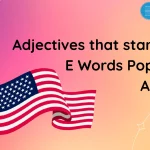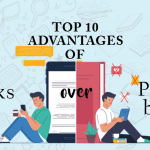It is more important than ever to know how to manage money in the fast-paced world of today. A safe and prosperous life is built on a foundation of financial literacy. That being said, a lot of individuals struggle with money management.
With the correct information, your financial circumstances can be improved, regardless of your goals—paying off debt, saving for the future, or making prudent investments. The top 10 financial literacy books that every adult should read in order to achieve financial security and success are outlined in this article.
You may also like: 10 Magical Books That Combine Christmas and Fantasy
The Richest Man in Babylon by George S. Clason
George S. Clason’s “The Richest Man in Babylon” is a timeless classic on financial literacy and a must-read for anybody with an interest in personal finance. This book teaches important money management lessons like investing, saving, and staying out of debt through its captivating tales set in ancient Babylon.
Clason’s useful guidance is clear and doable, making difficult financial ideas simple to comprehend and put into practice. The story’s timeless wisdom has contributed to the prosperity and financial freedom of innumerable readers, solidifying its status as an essential tool in the field of financial education.
You may also like: Imposter Syndrome for Authors: Steps to Overcome Imposter Syndrome
Navigating Lean Digital Transformation by Gourav Dudeja
Gourav Dudeja’s book “Navigating Lean Digital Transformation” bridges the gap between modern technical breakthroughs and traditional business techniques, making it a must-read. Dudeja concentrates on financial literacy while offering perceptive advice on how companies may apply lean concepts to improve their digital transformation process.
The book goes into great detail about the value of comprehending financial metrics and how to use them to your advantage while making decisions about digital transitions.
Dudeja’s work provides a thorough roadmap that combines real-world examples with strategic frameworks to ensure successful and long-lasting transformation, making it an excellent choice for anyone looking to study books on the topic of fusing financial literacy with digital innovation.
You may also read: Best Udemy Courses for Self-Published Authors
Risk Resilience Customer-centric sustainability by Navin Munjal
Navin Munjal’s book “Risk, Resilience, Customer-centric Sustainability” is a must-read for anyone looking to improve their financial literacy.
This book provides a thorough manual on how companies may develop resilient strategies that put the requirements of their customers and environmentally friendly operations first in order to successfully navigate the difficulties of today’s marketplaces.
Munjal’s observations are especially helpful in comprehending how sustainable growth and financial stability interact. This work is a valuable addition to any list of books to read since it combines forward-thinking tactics with practical guidance on how to succeed over the long term in a changing economic environment.
You may also like: How to Publish a Book | Publish Your Book | BlueRoseOne
Liability Insurance by Jagendra Rana
For anyone seeking to improve their financial literacy, Jagendra Rana’s “Liability Insurance” is an essential read. All skill levels can easily understand the intricacies of liability insurance through the comprehensive book’s exploration of the subject.
The subject is made more approachable by Rana’s concise explanations and practical examples, which emphasize how crucial it is to comprehend liability coverage in both personal and professional settings.
“Liability Insurance” stands out among books to read as part of a full financial literacy journey because it offers readers detailed study of risk management tactics and practical recommendations, enabling them to make well-informed financial decisions.
You may also like: Best Udemy Courses for Self Published Authors
Rich Dad Poor Dad by Robert T. Kiyosaki
Robert T. Kiyosaki’s “Rich Dad Poor Dad” is a foundational work in the field of financial literacy and should be read by everybody aspiring to financial independence.
In the book, Kiyosaki compares and contrasts the financial ideologies of his two parent figures: the “Rich Dad” of his best friend, and his biological father, the “Poor Dad.”
Kiyosaki uses their divergent perspectives on money and investing to highlight important wealth-building ideas, like the value of financial literacy, asset investing, and knowledge of money management. Millions of people have changed the way they think about investing and personal finance because to this approachable and thought-provoking book.
You may also like: How Much will it cost to publish a Book in India?
You may also read:100+ Adjectives Begin With S (With Examples & Definitions)
Story of Money by Maj. Navin Chandra
Maj. Navin Chandra’s “Story of Money” is a must-read for everyone interested in financial literacy. This book explores the origins and development of money, offering a thorough grasp of its function in the economy.
One of the best books to read for anyone trying to improve their financial literacy is Chandra because of her captivating story, which simplifies complicated financial ideas.
The book is an invaluable tool for anybody interested in finance, regardless of experience level, as it covers the history and evolution of money while also highlighting its influence on contemporary financial systems.
You may also like: How to Write a Book Description That Grab readers
You may also also: Top 50 Famous Dragon Names from Mythology, Books, and Movies
You may also like: Top 15 Best Post Apocalyptic Books You Must Read in [2025 Update]
Psychology of Money by Morgon Housel
Morgan Housel’s “Psychology of Money” is an essential read for anyone looking to improve their financial literacy. This enlightening book explores how emotions and psychology frequently have a greater influence on financial decisions than technical knowledge, delving into the behavioral aspects of personal finance.
Housel teaches readers important lessons about riches, greed, and happiness through his engrossing storytelling and practical advice, which make difficult subjects approachable.
Among the best books to read to learn about money management, “Psychology of Money” stresses the need of patience, humility, and knowing oneself when it comes to money in order to achieve stability and success in one’s financial life.
You may also like: How to Write a Book Description That Grabs Readers
The Total Money Makeover by Dave Ramsey
For people who want to learn about finances, Dave Ramsey’s “The Total Money Makeover” is a must-read. Among publications in this genre, this one stands out for providing a clear-cut, practical approach to personal finance.
Ramsey’s tried-and-true strategy consists of actions to pay off debt, put money aside for emergencies, and gradually accumulate wealth. His guidance is doable, based on actual success stories, and inspires readers to develop responsible money management practices.
Known as one of the best books to read to improve financial literacy, “The Total Money Makeover” gives people the confidence and clarity to take charge of their financial future.
You may also like: List of 10 Best Libraries in Bradford for Book Lovers
Think and Grow Rich by Napoleon Hill
Napoleon Hill’s “Think and Grow Rich” is a classic book that has shaped financial literacy for many years. It provides ageless guidance on attaining success via endurance and thinking, making it one of the most important books to read for anyone wishing to understand wealth development.
Hill’s observations, which come from researching successful people like Andrew Carnegie and Thomas Edison, highlight the need for willpower, faith, and a clear plan.
This book is a cornerstone of financial literacy literature since it not only offers ideas for financial success but also pushes readers to develop a disciplined and proactive approach to personal and professional advancement.
You may also read: How to Avoid Plagiarims in Assignments: 10 Easy Steps
How to Get Financially Independent at Early Age by Jasdeep Chawla
Jasdeep Chawla’s book, “How to Get Financially Independent at an Early Age,” is a significant contribution to the financial literacy field. Anyone looking for doable ways to become financially independent early on should read this book.
Chawla explores important subjects like investing, budgeting, and passive income and gives readers practical advice on how to safeguard their financial future. Chawla’s book, which is highly recommended for young adults and aspiring investors, offers a wealth of insightful information that simplifies and applies complicated financial principles.
This book serves as a great starting point for developing a strong foundation in financial literacy.
You may also like: How AI Writing Software Can Your Affect Your Writing
Conclusion
A critical ability that might enable you to take charge of your financial future is financial literacy. The books on the above list provide insightful analysis, useful tips, and the motivation you need to get your financial status in better shape. You’ll be well on your way to reaching financial success and freedom if you study these books and put their principles into practice.


